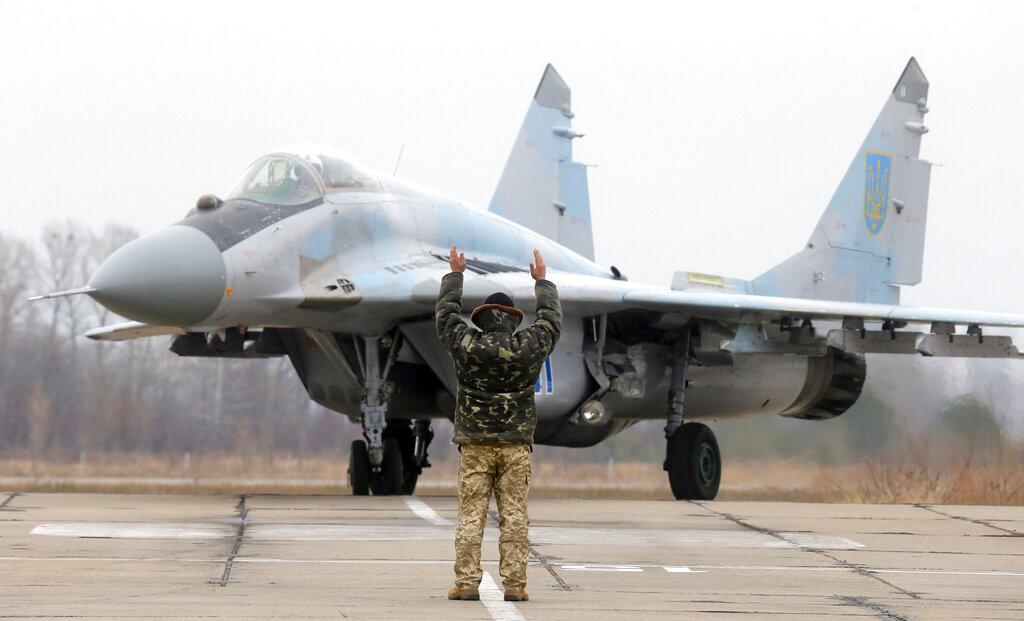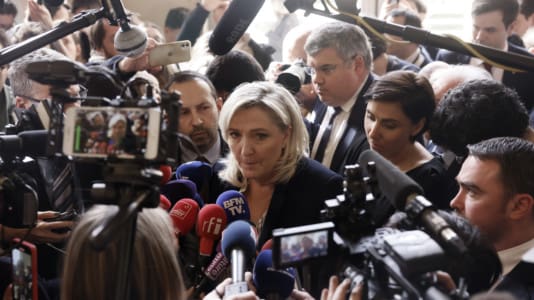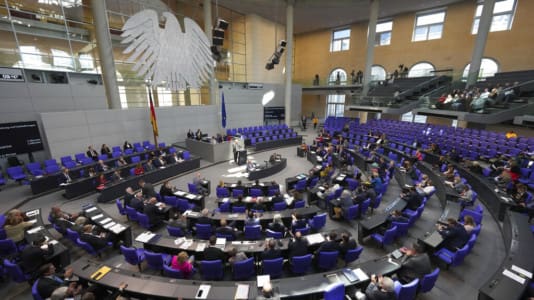Poland will have no option but to declare war on Russia if Ukraine loses the ongoing conflict, Poland’s ambassador to France, Jan Emeryk Rościszewski, said in an extraordinary interview on French television on Saturday.
The diplomat made the remarks during an appearance on the LCI telvision program, with the interview focusing on Poland and Slovakia’s decisions to deliver MiG-29 fighter planes to Ukraine. During the interview, the ambassador said that he could envisage a time when Poland would have to engage in the war in Ukraine.
“If Ukraine fails to defend its independence, we’ll have no choice but to enter the war,” he told viewers.
The Polish embassy in Paris later issued a statement in an attempt to walk back the remarks, tweeting how some media had misinterpreted the remarks by failing to give the context in which they were made.
According to the statement, Rościszewski was merely trying to persuade allies to give full backing to Ukraine and rejected the notion that the diplomat had promised Polish engagement in the conflict. They claimed he had instead merely warned about the consequences and implications of any Ukrainian defeat.
The Polish embassy went on to state that such a defeat would make it far more likely that Russia would commit acts of aggression against Poland and the Baltic states, as predicted many years ago by President Lech Kaczyński.
When an embassy or a ministry has to issue a statement to interpret the words of their officials, you know they have put their foot in it. In reality, the ambassador’s remarks were irresponsible and damaging. They reinforce Poland’s image as a country hellbent on getting involved in this war.
As Talleyrand once said, a mistake is worse than a crime. We cannot help but recall another Polish ambassador in France in 1938 who wrote a pamphlet entitled “Poland the superpower.” A year later, the whole of Poland was under occupation.
Rościszewski’s statement about Poland entering the war was bound to cause a big stir. The embassy’s attempts to backtrack simply do not mesh with reality. The context was not the problem but the words the ambassador used, which clearly conveyed that if Ukrainian independence was lost, Poland would have to get involved in the war. He did not say that if Poland is attacked, it will have to defend itself — that is an obvious statement that has nothing to do with the current war.
He used the term “we,” which could mean either just Poland, the whole of NATO, or just some countries in NATO. Either way, the consequences would be enormous. Article 5 of NATO’s treaty does not oblige its members to engage in support of a member state that unilaterally engages in a war beyond NATO’s borders. This means that if Poland were to engage in Ukraine, it would be doing so without any guarantee of NATO support.
The ambassador’s remarks have been seized upon by Russia, which gratefully accepts anything negative it can use against Poland, especially as Poland’s ambassador to Ukraine, Bartosz Cichocki, chose on Monday to back his colleague, stating on social media that “it’s obvious that Ukraine’s defeat would mean war in Poland.”
Cichocki seems very sure of his star status as ambassador in Ukraine, even if he often acts more like the ambassador of Ukraine to Poland than the Polish ambassador to Ukraine.
However, the most serious consequences of ambassador Rościszewski’s remarks will be in the West, not the East. His words confirm the image of Poland as a country racing to escalate the conflict and for the whole of Europe to get involved, all at a time when public opinion in Western Europe is increasingly skeptical about increasing engagement in the conflict. Public opinion is also changing in Poland. Should Russian aggression actually spread to our territory, there are other risks for Poland, as a portion of Western public opinion will feel that Poland has itself to blame and that the West should not come to its aid.
Many in Poland forget that Article 5 of the NATO treaty does not mean automatic military engagement in solidarity with a member state that has been attacked. It is worded in such a way that each member state actually takes its own decisions on what kind of support it will offer the member state that has been attacked. This could take the form of mere diplomatic responses, which is actually less than the support Ukraine received after the Russian invasion.
The lack of a strong reaction from Poland’s Ministry of Foreign Affairs to the ambassador’s gaffe is concerning. It could mean that the gaffe is in fact the voicing aloud of sentiments prevalent among Polish officials and that such sentiments are now being voiced in public to see how the domestic and other audiences react. Maybe that is just a conspiracy theory, but the way Poland’s government has been behaving in exceeding its domestic and international mandate in this war, with actions such as delivering MIG-29 fighter planes and covertly sending close to 100 police bomb specialists to Ukraine, makes one think again.





